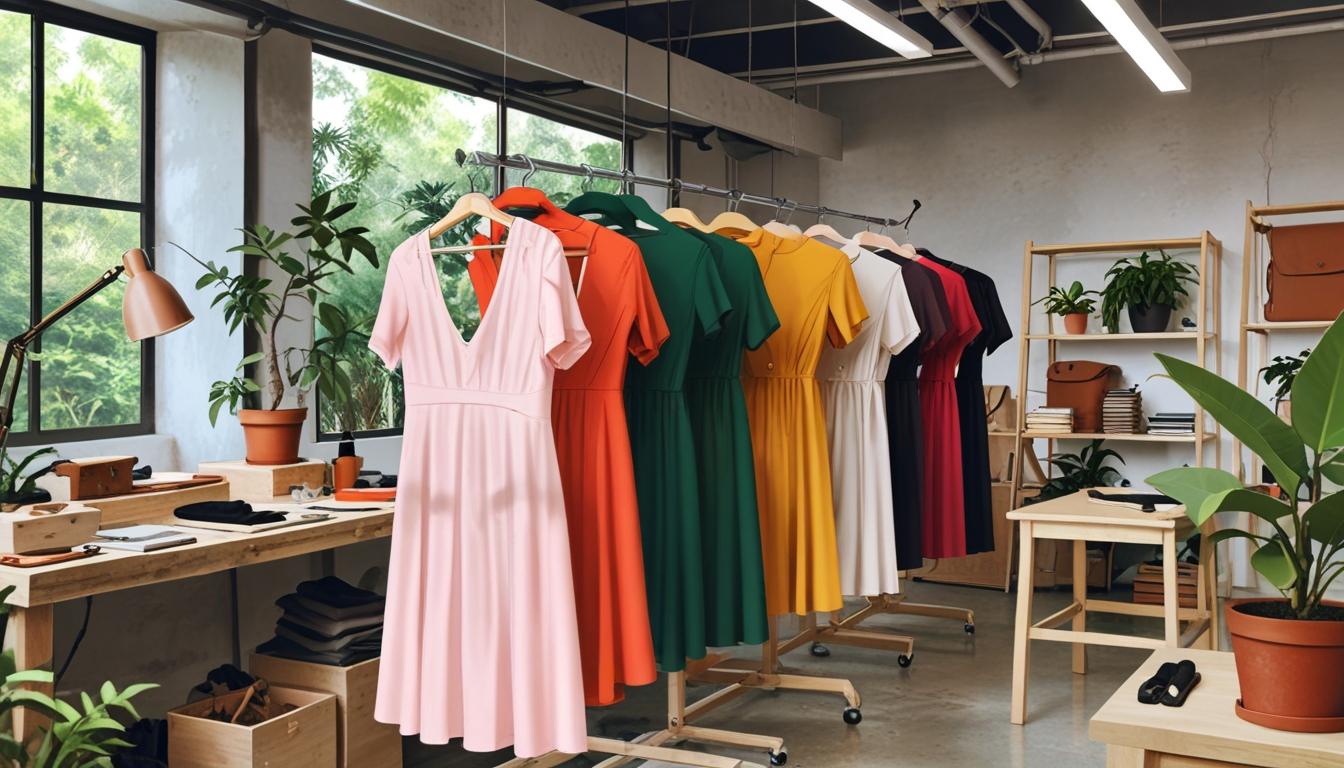YULASTIC offers a plant-based alternative to traditional elastane, promising to address environmental concerns while providing high-performance fabric solutions.
The fashion industry is witnessing a significant transformation with the introduction of YULASTIC Sustainable Stretch Fabric, a plant-based alternative designed to replace traditional elastane, a fiber stemming from petroleum. This innovative product is developed by Yulex, a company recognized for its advances in material science. YULASTIC aims to provide a sustainable solution to a challenging problem: elastane, or spandex, is utilized in over 80% of clothing on the market but comprises only 2% of fabric composition.
The widespread reliance on elastane poses substantial environmental concerns. Despite its small percentage in clothing fabric, elastane has a considerable negative impact on the environment. It is not biodegradable and recycling options are limited, resulting in a substantial contribution to the fashion waste crisis and an increase in the industry’s carbon footprint.
Yulex’s CEO, Liz Bui, emphasizes the need to return to nature for solutions. “Natural rubber was the first elastic,” Bui stated, adding, “Mother Nature has been making the best polymers since day one. We’ve deliberately moved away from many natural fibers, opting for non-biodegradable plastic products that are cheaper to make with easier chemistry.” Bui further critiques the industry’s reliance on durable plastics, which, despite their longevity, present recycling challenges.
YULASTIC seeks to harness the elasticity of natural rubber derived from the Hevea brasiliensis tree, commonly known as the rubber tree. This sustainable material not only has environmental benefits but also competes—and excels—over elastane in key performance metrics. YULASTIC boasts durability and strength comparable to elastane while offering improved elasticity and recovery. Consumers can expect YULASTIC denim to be “soft, stretchy, and excellent recovery,” with enhanced fit qualities—“no bag, no sag”—according to Bui.
Currently, YULASTIC is set to be first incorporated into product lines such as denim and socks, where the need for stretch fibers is crucial for comfort and fit. Furthermore, the production of YULASTIC fibers involves authorized manufacturing partners in Thailand and Vietnam, who source and purify Yulex Pure latex locally, thus creating a localized supply chain that aims to minimize environmental impacts and enhance economic benefits within the producing regions.
As pressure to adopt sustainable practices increases throughout the fashion industry, YULASTIC represents a pivotal shift towards natural materials, aligning with contemporary emphasis on circularity and responsible sourcing. Several major fashion brands are already in collaboration with Yulex to utilize YULASTIC in their collections, indicating potential widespread adoption of this sustainable alternative.
The ongoing partnerships signify that YULASTIC could soon redefine the standards for stretchable and high-performance fabrics, and its impact on the fashion industry’s sustainability ethos will be closely scrutinized as these collaborations unfold. If successful, YULASTIC may not only serve as a significant breakthrough for Yulex but could also mark a transformative shift in the overarching narrative of sustainable fashion.
Source: Noah Wire Services



